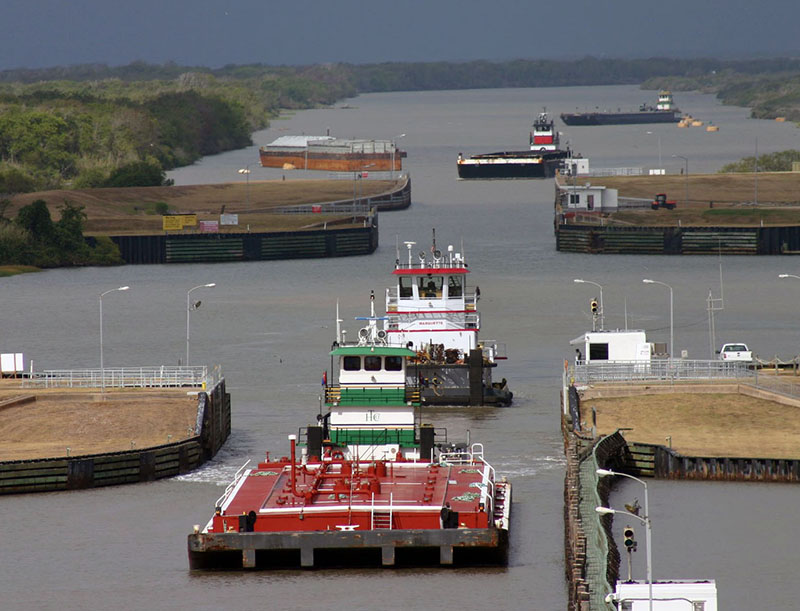In the November election one thing that stood out was the focus on the domestic economy and competitive factors. One of those factors is transportation infrastructure.
When tied to employment and economic stimulation it appears that President-elect Trump’s populist administration will vigorously pursue public sector transport infrastructure improvements. Big issues arise from the funding of the infrastructure and the beneficiaries. For example, the federal motor fuel tax has not been increased in more than 20 years. Proponents of infrastructure improvements will have to address funding sources and how the sources of funds reconcile with the beneficiaries.
Railroads are pushing to be included in a Trump infrastructure plan noting that their largely private investments are self-funding. One of the railroads primary public policy thrusts is that the user-beneficiary should be responsible for the operations and maintenance costs of the infrastructure.
It’s likely this “pay to play” approach will be well received within parts of the Trump administration. Admittedly, much of the existing transport infrastructure funding mechanisms have arisen from attempts to deal with the economics of the various modes of transport through political mechanisms. The funding game has been played out among the modes to see who can pay the least and benefit the most.
Historically, barge lines have played the infrastructure funding game very well using a network of large conglomerate shippers with the right Washington, D.C., contacts. It remains to be seen to what extent the agribusiness and energy sectors can continue to prevail in their efforts to keep the waterways “forever free.”
The competition will be keen for limited federal funds. The public nature of much of transport infrastructure will likely mean that the emphasis will be placed on modes that the public directly uses — highways, airports and public transport. The less known freight sectors such as railroads and water — shallow and deep-draft — will have more of a public identity problem and have to fight for funding.
I expect that federal funding of infrastructure improvements will increasingly be tied directly to the users. In this case, barge lines and shippers should expect to pay more.




